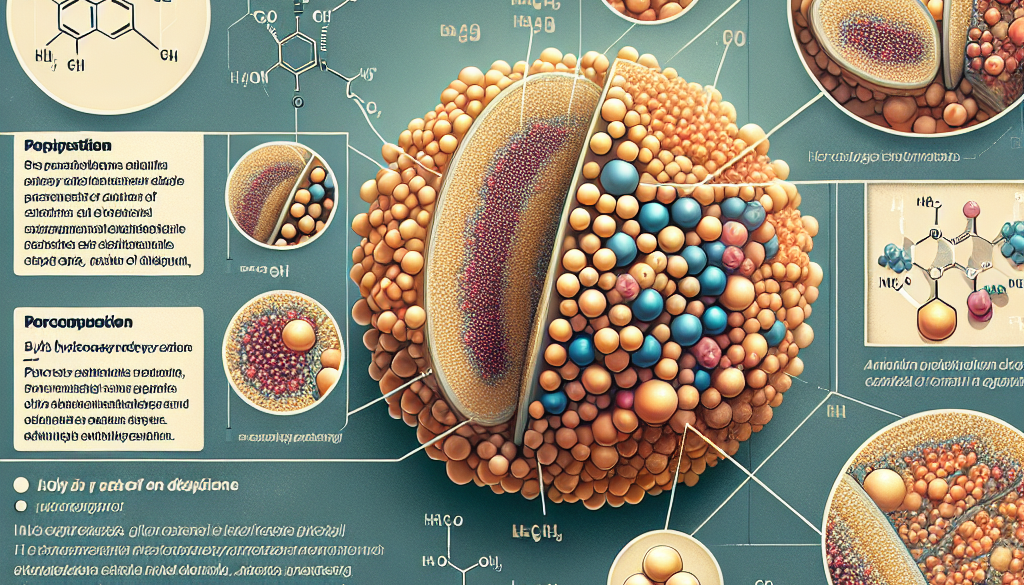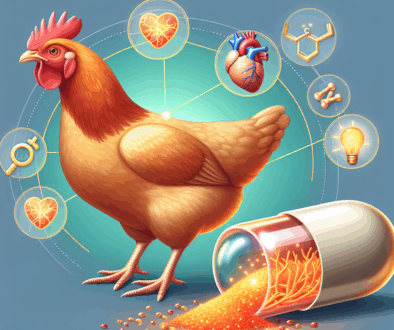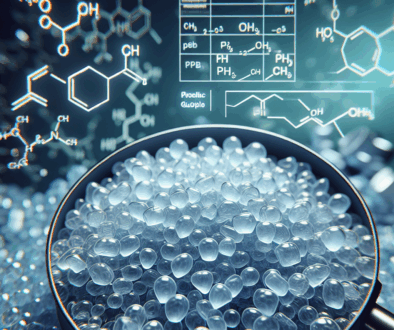Poly Beta Hydroxybutyric Acid Granules Facts
-
Table of Contents
- Poly Beta Hydroxybutyric Acid Granules: Essential Insights and Applications
- Introduction to Poly Beta Hydroxybutyric Acid (PHB)
- Chemical Structure and Properties of PHB
- Production of PHB Granules
- Applications of PHB Granules
- Environmental Impact of PHB
- Challenges and Future Prospects
- Conclusion
- Explore ETprotein’s High-Quality Protein Products
Poly Beta Hydroxybutyric Acid Granules: Essential Insights and Applications
Introduction to Poly Beta Hydroxybutyric Acid (PHB)
Poly Beta Hydroxybutyric Acid, commonly known as PHB, is a type of polyhydroxyalkanoate (PHA), a biodegradable polymer produced by bacterial fermentation of sugar or lipids. It is widely recognized for its biocompatibility and biodegradability, making it a promising material in both environmental and medical applications. This article delves into the facts about PHB granules, exploring their properties, production methods, applications, and environmental impact.
Chemical Structure and Properties of PHB
PHB is a polyester composed of monomers of hydroxybutyric acid. Its molecular structure is similar to that of polypropylene, yet it is fully biodegradable. The properties of PHB granules can vary, but they generally exhibit:
- High crystallinity and melting point
- Good barrier properties against oxygen and moisture
- Biocompatibility and non-toxicity
These characteristics make PHB an attractive material for packaging, agricultural, and medical applications.
Production of PHB Granules
The production of PHB is typically achieved through microbial fermentation. The process involves several key steps:
- Cultivation of microorganisms that can synthesize PHB
- Fermentation using substrates such as glucose or vegetable oils
- Extraction and purification of PHB from microbial cells
- Formation of PHB granules through various processing techniques
Advancements in genetic engineering and bioprocess optimization have significantly improved the efficiency and cost-effectiveness of PHB production.
Applications of PHB Granules
Due to their biodegradable nature and physical properties, PHB granules are used in various sectors:
- Packaging: Used in the manufacture of biodegradable plastic bags, containers, and wrappers.
- Agriculture: Employed in making mulch films and controlled-release fertilizers.
- Medical: Utilized in the production of sutures, implants, and drug delivery systems.
- Biomedical: Applied in tissue engineering as scaffolds for cell growth.
Environmental Impact of PHB
One of the most significant advantages of PHB is its positive environmental impact. Unlike conventional plastics derived from petrochemicals, PHB granules are fully biodegradable and compostable. They break down into water, carbon dioxide, and biomass under natural conditions, contributing to reduced plastic pollution. Additionally, the production of PHB can lead to lower greenhouse gas emissions, especially when using renewable resources as substrates.
Challenges and Future Prospects
Despite its benefits, the widespread adoption of PHB faces several challenges:
- High production costs compared to conventional plastics
- Limited awareness and regulatory support for biodegradable polymers
- Performance issues under certain conditions due to its brittleness and thermal sensitivity
Future research is focused on overcoming these challenges through the development of copolymers, blending with other materials, and enhancing microbial strains for better yields and properties.
Conclusion
Poly Beta Hydroxybutyric Acid granules offer a sustainable alternative to traditional plastics with their biodegradability and versatile applications. While there are challenges to be addressed, the potential environmental benefits and advancements in biotechnological research promise a bright future for PHB in reducing plastic pollution and fostering a more sustainable world.
Explore ETprotein’s High-Quality Protein Products
If you are looking for premium protein products, consider ETprotein, a leading manufacturer and supplier of organic bulk vegan proteins and elite nutritional ingredients. Their products are ideal for various industries, including nutraceuticals, pharmaceuticals, and food and beverages.
ETprotein is Hydroxybutyric acid Factory Manufacturer and Supplier in China, Check further information by visiting the Hydroxybutyric acid Product Page
Hydroxybutyric acid Product Page
Request Quotation and Samples of Hydroxybutyric acid from ETprotein
About ETprotein
ETprotein, a reputable protein and elite nutrition ingredients Hydroxybutyric acid Chinese factory manufacturer and supplier, is renowned for producing, stocking, exporting, and delivering the highest quality organic bulk vegan proteins and elite nutritional ingredients Hydroxybutyric acid. They include Organic rice protein, clear rice protein, pea protein, clear pea protein, watermelon seed protein, pumpkin seed protein, sunflower seed protein, mung bean protein, peanut protein. Their offerings, characterized by a neutral taste, non-GMO, allergen-free attributes, cater to a diverse range of industries. They serve nutraceutical, pharmaceutical, cosmeceutical, veterinary, as well as food and beverage finished product distributors, traders, and manufacturers across Europe, USA, Canada, Australia, Thailand, Japan, Korea, Brazil, and Chile, among others.
ETprotein specialization includes exporting and delivering tailor-made protein powder and finished nutritional supplements. Their extensive product range covers sectors like Food and Beverage, Sports Nutrition, Weight Management, Dietary Supplements, Health and Wellness Products, and Infant Formula, ensuring comprehensive solutions to meet all your protein needs.
As a trusted company by leading global food and beverage brands and Fortune 500 companies, ETprotein reinforces China’s reputation in the global arena. For more information or to sample their products, please contact them and email sales(at)ETprotein.com today.












